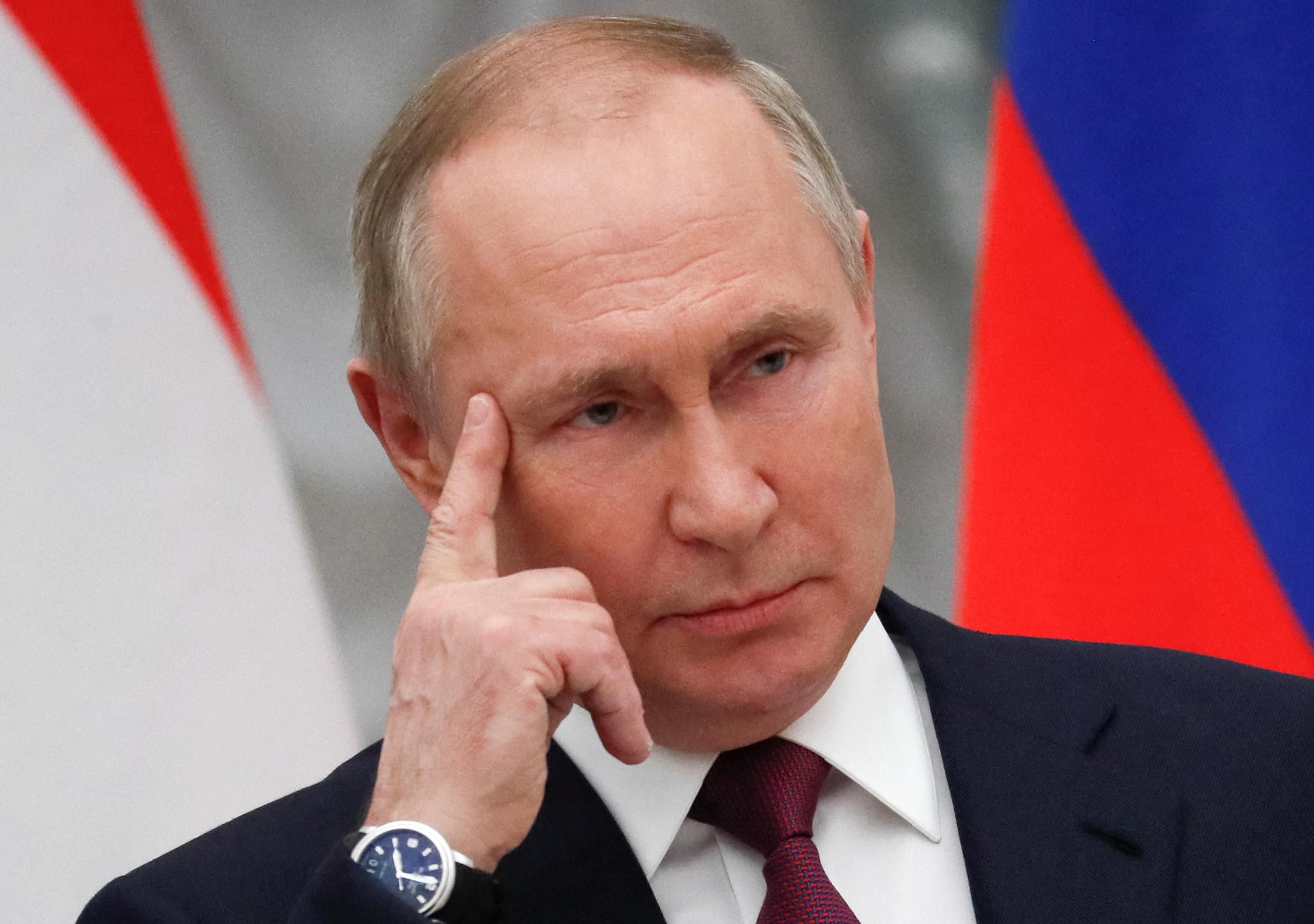Busy day for Ukraine. Russian President Vladimir Putin continued his diplomatic offensive on Tuesday with a press conference alongside Hungary’s Kremlin-friendly Prime Minister Viktor Orbán. Putin previously spoke with French President Emmanuel Macron and Italian PM Mario Draghi in an ongoing effort to exploit divisions of opinion among European leaders over the future of NATO and Ukraine. Putin wants NATO to roll back from Eastern Europe and to guarantee that Ukraine will never join the alliance. He reiterated that Washington continues to “ignore” Moscow’s concerns about Russia’s national security. Meanwhile, Ukraine’s President Volodymyr Zelensky is working on a new “partnership” with the UK and Poland. This appears to be little more than diplomatic window-dressing, since Britain and Poland have already pledged to supply Ukraine with weapons. Zelensky also unveiled a plan to expand Ukraine’s army by 100,000 troops over the next three years. Military action doesn’t appear imminent, but you can count on more posturing.
A silent strike in Myanmar. Opponents of Myanmar’s military rule marked the first anniversary of the junta's return to power Tuesday by... staying home. Although a few small bombs went off, the majority of citizens defied the generals by emptying the streets of Yangon and other big cities. Before the "silent strike,” pro-democracy activists had been avoiding arrest by gathering in flash mobs with revered Buddhist monks. But Tuesday’s quiet protest clearly irked authorities, who had urged public displays of support for the military and threatened to take over businesses that closed during the strike. Many shops thus remained open but had no customers to serve. Meanwhile, the pro-military rallies organized by the junta failed to draw big crowds. Although Myanmar's generals have never been popular, they must now reckon with the unified passive resistance to their rule.
Horn of Africa drought. Ethiopia, Kenya, and Somalia are suffering their
worst drought in 40 years. Animals are dying at an unprecedented rate, herders are losing their livelihoods, and many are facing starvation. The dry spell has already led to violence between rival herders in
Kenya and displaced 1.4 million people in neighboring
Somalia. In Ethiopia, it’s a case of "
climate change meets conflict,” according to the International Rescue Committee. The drought there is exacerbating difficulties from the
ongoing violence between the federal government and the Tigray People’s Liberation Front. Unless fighting subsides to allow convoys of aid, agencies fear that dwindling food stocks will soon run out. While dry spells are common in the region, this year's drought is so severe that some fear it will lead to a humanitarian catastrophe on the scale of
Ethiopia's 1984 famine.
